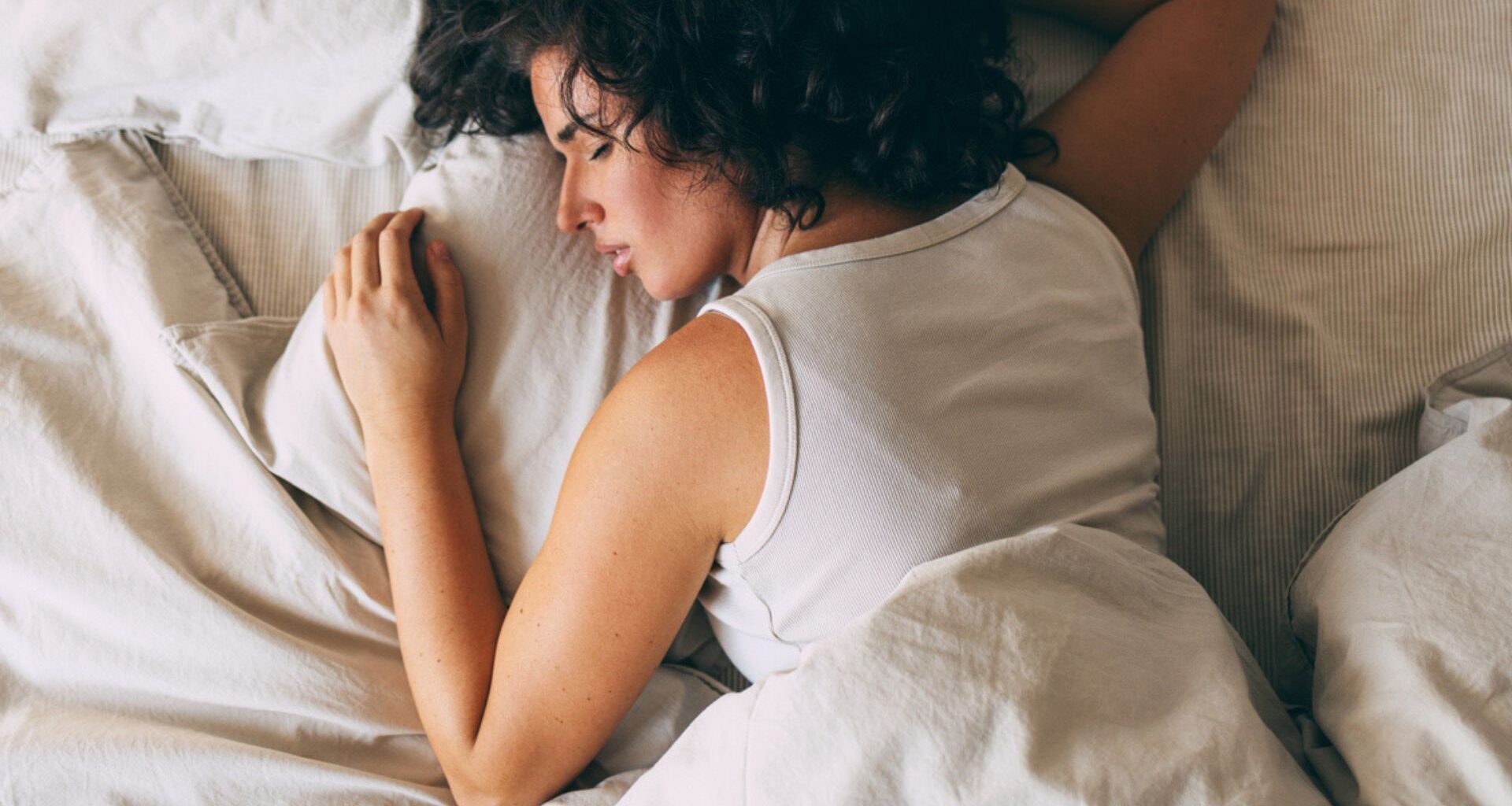Most people typically get between seven to nine hours of sleep each night. Now, science says some people could thrive on just four hours of sleep, feeling completely rested and ready to go.
It sounds like a superpower, and for a lucky few, it’s a genetic reality.
Researchers have long been interested in people who naturally sleep for short periods.
A recent study has now revealed one of the genetic factors that contributes to this ability.
The University of California, San Francisco, has identified a specific gene mutation named SIK3-N783Y.
“A mutation in salt-induced kinase 3 (hSIK3-N783Y) is identified in a human subject exhibiting the natural short sleep duration trait. A mouse model carrying this homologous mutation demonstrates reduced sleep duration, confirming the mutation’s causality to the sleep trait,” the team wrote in the study paper.
Genetic mutation in mice
To figure out what this gene mutation does, the researchers used mice. They made mice that had the same SIK3-N783Y mutation.
The outcome was interesting: similar to the human with the mutation, the modified mice slept considerably less compared to normal mice.
They clocked in about 31 minutes less sleep each day. Even after a period of sleep deprivation, these super-sleeper mice bounced back with even less sleep, around 54 minutes less.
Live Science reported that mice typically sleep for about 12 hours daily, which is much more than humans.
Mouse brain scans showed that the proteins from the mutated gene were active at the connections between brain cells (synapses). Because SIK3 produces a kinase protein that signals other proteins, this signaling likely influences how much sleep we require.
This discovery adds another piece to the puzzle of the genetics of sleep. Previously, scientists had identified four other genes linked to shorter sleep patterns. This new finding brings the total to five.
Less sleep consequences
Not getting enough sleep can lead to negative consequences like sluggishness, forgetfulness, and increased heart problems.
While most adults need seven to nine hours of sleep, natural short sleepers function well on only four to six hours and even “feel worse” with longer sleep.
But why is less sleep not detrimental for these individuals?
Study co-author, Dr. Ying-Hui Fu, suggests that their bodies might simply be more efficient at the restorative processes that happen during sleep.
While we rest, our bodies are hard at work carrying out vital processes like detoxification and the repair of any damage.
“These people [natural short sleepers], all these functions our bodies are doing while we are sleeping, they can just perform at a higher level than we can,” Fu told Nature.
For the rest of us who need our solid eight hours, understanding the genetics of natural short sleepers could have significant implications.
Scientists hope that by unraveling these genetic mechanisms, they can develop better treatments for the millions who struggle with sleep disorders.
“These findings advance our understanding of the genetic underpinnings of sleep, highlight the broader implications of kinase activity in sleep regulation across species, and provide further support for potential therapeutic strategies to enhance sleep efficiency,” the team noted.
The findings were published in the journal PNAS.
